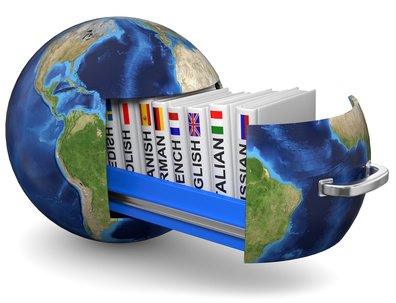 They are an easy way out for students, the pet hate of English teachers, a convenient solution for people in a hurry, a source of bizarre sentences and also a real life-saver in certain cases. What are they? Free translation tools, especially those found on the Internet.
They are an easy way out for students, the pet hate of English teachers, a convenient solution for people in a hurry, a source of bizarre sentences and also a real life-saver in certain cases. What are they? Free translation tools, especially those found on the Internet.
What could be simpler than instantaneously translating a word, sentence or short text in just a few clicks, free of charge?
A gamut of free translation tools cater for this need: Google Translate, Reverso, Babylon, Orange… the list is endless.
Ideally, however, these tools should be used to get the general gist of a text, rather than to translate in the strict sense of the word. Indeed, they crudely translate words from one language into another and apply basic grammar rules, which sometimes result in amusing mistakes. Have you ever read the instructions for electronic devices Made in China? Sometimes, they can illustrate the limitations of these tools.
At CG Traduction & Interprétation, we took a closer look at this issue with a view to providing our clients with relevant solutions and an optimum service for all their translation needs. We therefore decided to explore these new methods in depth and compare them to existing ones.
And so the idea came about of carrying out an official report on the issue with a view to accurately analysing the trend and gaining a better understanding of it.
Take part in the webinar which I will present on Tuesday 30 November at 12.30 p.m. to find out more.
At the end of this webinar, you will receive a copy of the official report which I wrote. This study includes an in-depth exploration of the various issues and tools as well as two texts which were translated into French and English using these tools.


